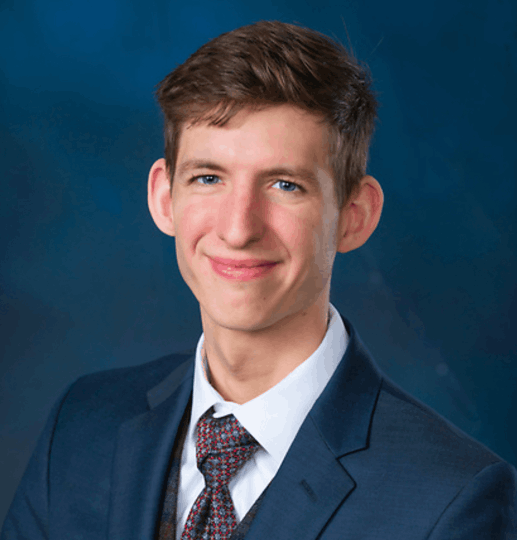
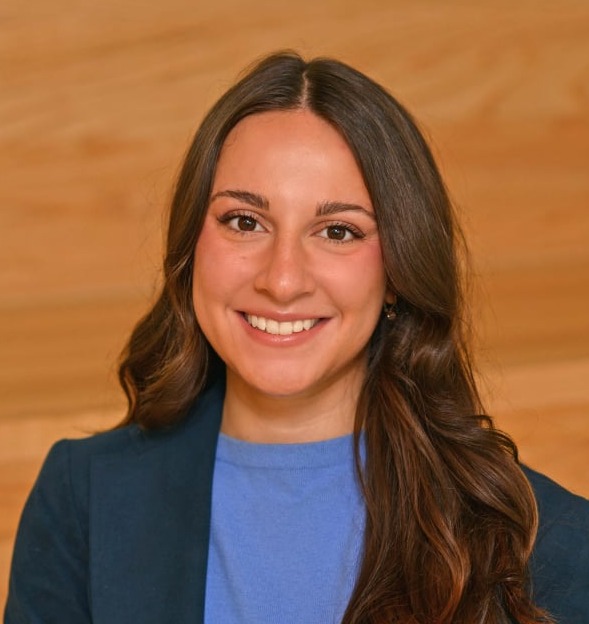
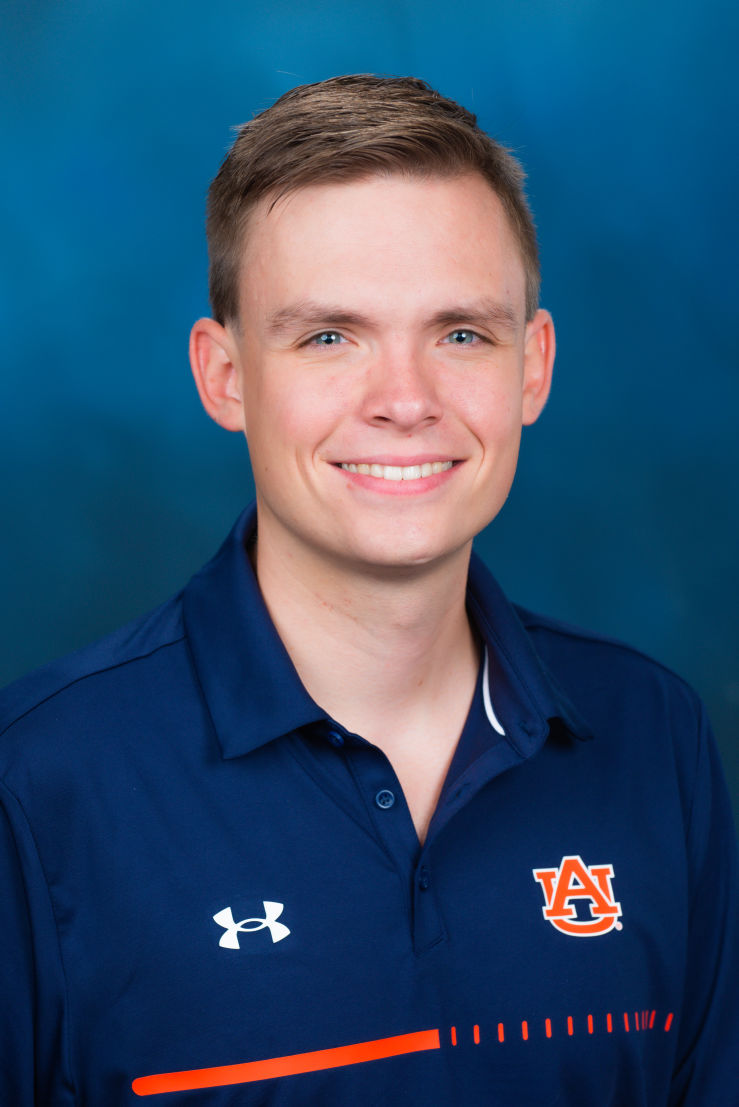
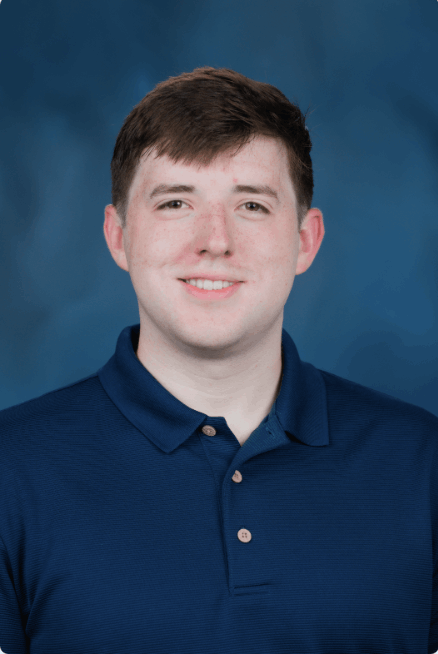
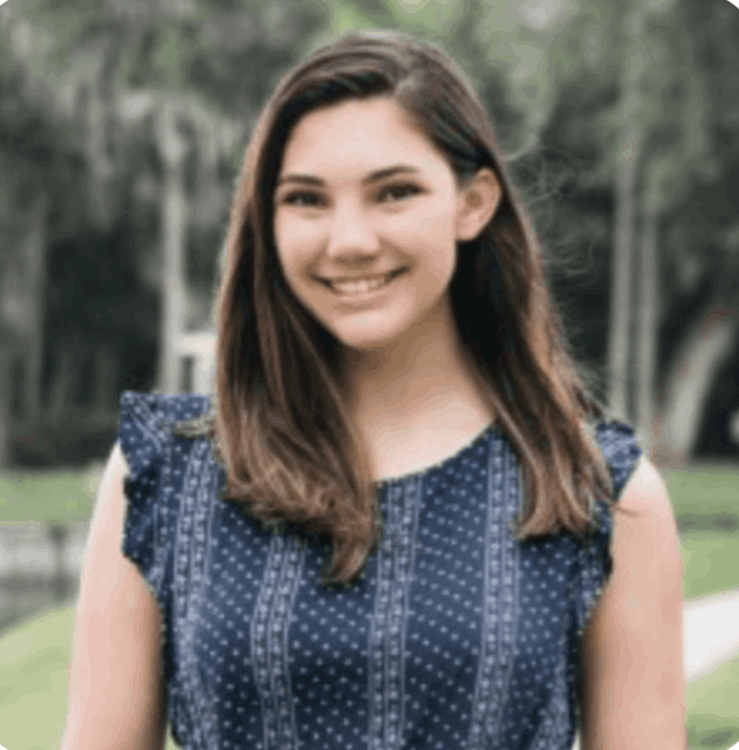

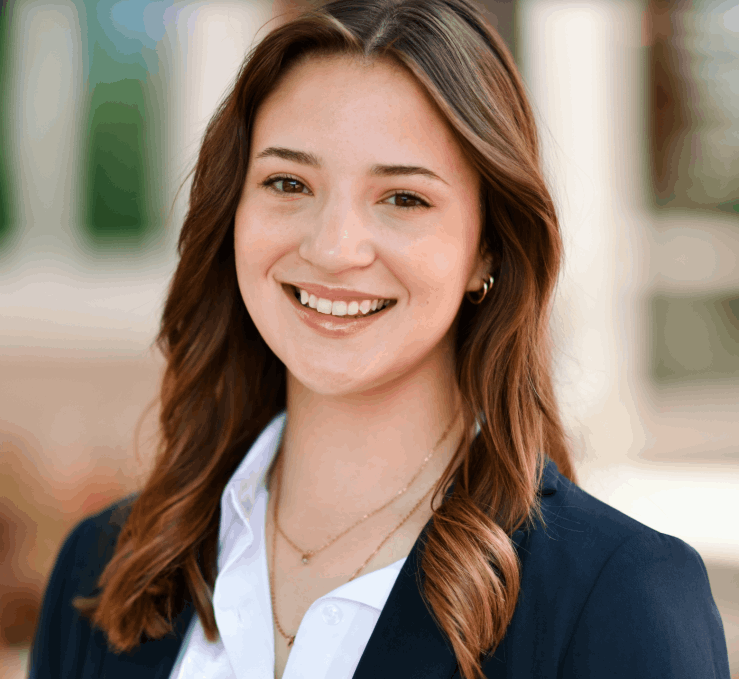
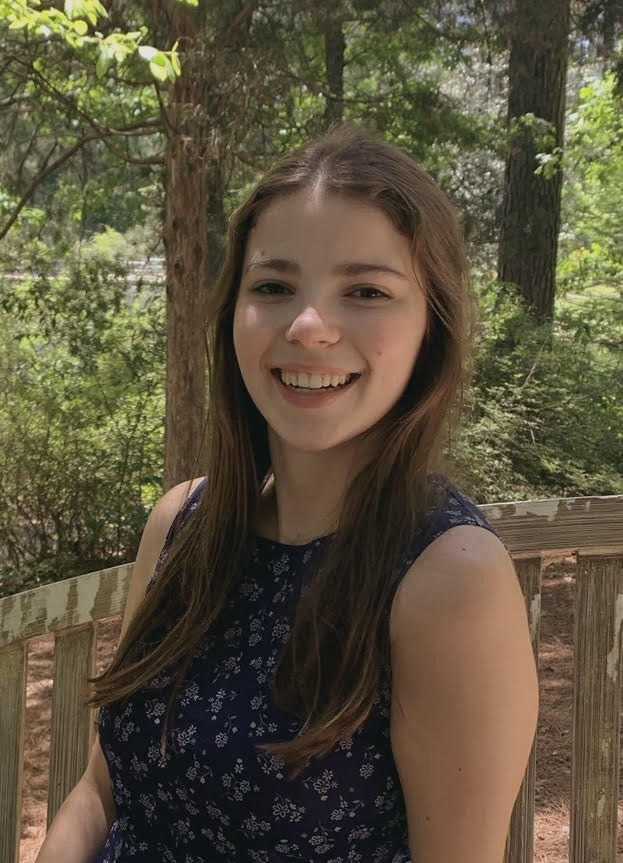

Dr. Kostadinova obtained her B.S. in Physics and a B.A. in Political Science from Furman University in 2014. She received her Ph.D. in Physics in 2017 from Baylor University. Currently, Dr. Kostadinova is an Assistant Professor at Auburn University’s Department of Physics. Kostadinova has authored a Springer book on employing novel mathematical techniques in the study of energy transport in two-dimensional disordered systems. Kostadinova’s research interests include anomalous diffusion in disordered media with nonlocal interactions, self-organization and stability of dusty plasmas in gravity and microgravity, and the thermodynamics of driven-dissipative systems. Kostadinova applies her analytical models to various real-life problems at the intersection of plasma science, fusion energy, and astro/space physics. Current projects include (i) anisotropic interactions in Plasmakristall-4 dusty plasmas, (ii) energetic electrons from lab to space, (iii) material ablation in extreme plasma conditions, and (iv) production of complex molecules during meteoroid ablation. Kostadinova is a co-founder of Plasma NET (Network for Engagement and Training), chair of Coalition of Plasma Science (CPS), Vice-President for Plasma Science for the Fusion Power Associates (FPA), member of the Fusion Energy Science Advisory Committee (FESAC), member of the Science Advisory Board for LaserNetUS, member of the Executive Committee and chair-elect for the Sherwood Fusion Theory Conference, member of the Executive Committee of IEEE NPSS Plasma Science and Applications Committee (PSAC), and has chaired and served on several APS Division of Plasma Physics (DPP) committees.
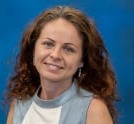
Dr. Bradley Andrew is a founding member of IPL and graduated from Auburn University in the summer of 2025. He did his bachelor’s in both physics and mathematics at the University of North Georgia in Dahlonega. His dissertation at Auburn focused on mathematical physics with topics such as anomalous diffusion, kinetics of plasmas, and the fractional Laplacian spectral method. He primarily researches nonextensive statistics and its fundamental application to plasmas. He did post doctoral work with IPL of PIC kinetic modeling of highly magnetized low-temperature plasmas. Bradley started teaching at the Tri-County Community College in Murphy, NC in the Spring of 2026. Most important to Bradley is his faith and love of Jesus Christ and he is a member of the Presbyterian Church of America.
Jessica Eskew is a Ph.D. candidate at Auburn University, studying plasma physics with a focus on energetic particle transport in magnetized plasma. Currently, she models energetic electron transport in magnetic islands in DIII-D using TRIP3D to develop a theory on trapping mechanisms in changing magnetic topologies. Originally from Atlanta, GA, she earned my B.S. in Physics with a concentration in Astrophysics from the Georgia Institute of Technology. Her research background encompasses astrophysics (particularly Gravitational Wave Astrophysics with LIGO @ GT), plasma material interactions (SULI @ PPPL), and high-energy nuclear particle physics (Cosmic Rays with NPG @ GSU). Following her undergraduate studies, she taught High School Physics for a year at The Wesleyan School. Jess is deeply passionate about Nuclear Fusion and broader impact. In addition to research, she contributes to the development of APS PhysicsQuest educational kits for classrooms and serves on the APS Committee of Women in Physics and Advisory Board for the APS Gender Inclusive Physics Community. Outside of her physics pursuits, Jess enjoys being outside (especially at the beach!!!) exercise, reading, and spending quality time with family and friends. Follow her on TikTok to see more of her physics adventures @thatplasmagirl :)
Zachary Brooks Howe (He/Him/His) is a Ph.D. candidate at Auburn University currently studying anisotropic dust grain interactions in microgravity dusty plasmas. He is originally from Cleveland, Ohio and received his B.S. in physics and B.A. in music from Wittenberg University in Springfield, Ohio in May of 2022. At Wittenberg, he worked under Dr. Jeremiah Williams in the field of dusty plasma, analyzing data from the Plasmakristall-4 (PK-4) experiment on board the International Space Station. He has been a graduate student at Auburn since the Fall following his graduation from Wittenberg, and began working in the Interdisciplinary Plasma Laboratory under Dr. Evdokiya Kostadinova in the Summer of 2023. Since then, he has focused on the development of data-driven methods for application to dusty plasma physics, to understand and characterize the anisotropic dust grain interaction potential observed in the PK-4 plasma discharge. He graduated with his non-thesis Master’s in physics in May of 2024, and is continuing to work towards his Ph.D. in physics from Auburn. Brooks is passionate about teaching and education in physics, and hopes to become a professor of physics one day.
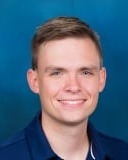
Sydney Battles is a Master's student at Auburn University researching the intersection of space and laboratory plasmas. Her thesis focuses on comparing DIII-D tokamak and Magnetospheric Multiscale (MMS) mission data to identify scalable transport processes, particularly in relation to magnetic islands. By analyzing how energetic electrons interact with magnetic structures in both environments, she aims to bridge the gap between experimental and observational plasma studies. She previously conducted undergraduate research in condensed matter physics at Auburn, where she worked on automating the processing of RHEED videos for integration into a neural network. Outside of research, she serves as the President of the Society of Women in Physics (SWiP) at Auburn University, promoting diversity and community in physics. She hopes to become a research professor, combining her passion for astrophysical plasmas with mentorship and teaching. In her free time, she enjoys baking, traveling, and spending time with her pet rabbit, Alfie!
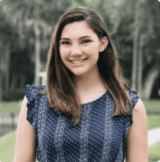
Gabi is an undergraduate student at Auburn University working towards a degree in Physics. She is a research assistant in the IPL group studying material ablation with testing done in the D-IIID tokamak, specifically focused on the conditions associated with sublimation, sputtering, spallation in carbonaceous materials. She hopes to apply her research in the aerospace industry to heat shielding for high turbulence conditions associated with hypersonic flight and space travel.
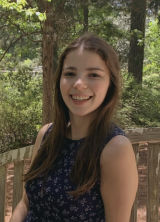
David Goymer is a second year at Auburn University majoring in Physics. David uses image processing techniques in order to analyze data from the microgravity dusty plasma experiment, Plasma Kristall-4. Using this data, David is working to better our understanding of the interaction potential of dust particles in plasma.

Brady Elster (He/Him/His) is a Ph.D. student in Physics at Auburn University, where he studies the analytic theory of magnetic reconnection and its implications for fusion plasmas. He is originally from Auburn, NY and received a B.S. in Physics from Ithaca College in 2022. Co-advised by Dr. Evdokiya Kostadinova and Dr. Luca Guazzotto, his current work investigates the effects of two-fluid equilibrium flows on the classical tearing instability, with a broader interest in developing realistic models of magnetic island evolution. Future efforts will extend this work using hybrid kinetic-fluid models to study particle transport across magnetic island chains.
Brady prefers rigorous analytic theory but actively contributes to research codes—including development of the [FLOW/FLOW2] codes, recently helping migrate the codes for public release. He also maintains his own open-source repositories on his [GitHub] page.
When not immersed in research, he enjoys watching films by directors like Denis Villeneuve, Robert Eggers, and Wes Anderson; playing chess; and speedrunning the Halo video game series. He shares research notes and fun physics ideas on his [personal blog].
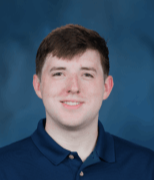
Zola Spence is an undergraduate student at Auburn University, majoring in Aerospace Engineering. She is currently a research assistant in the IPL group, studying the plasma physics of material ablation in thermal protection systems. She wants to apply her research with IPL to improve the aerospace industry and create advanced heat shield technology.
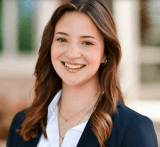
Spencer Ostermeier is an undergraduate student at Auburn University, majoring in Mechanical Engineering. Spencer will be working on a project that focuses on developing numerical and/or Machine Learning (ML) techniques to investigate how to predict plasma disruption in fusion plasma. He will also explore the dynamics of control systems applications, learning to implement strategies that stabilize plasma during operation.
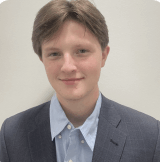
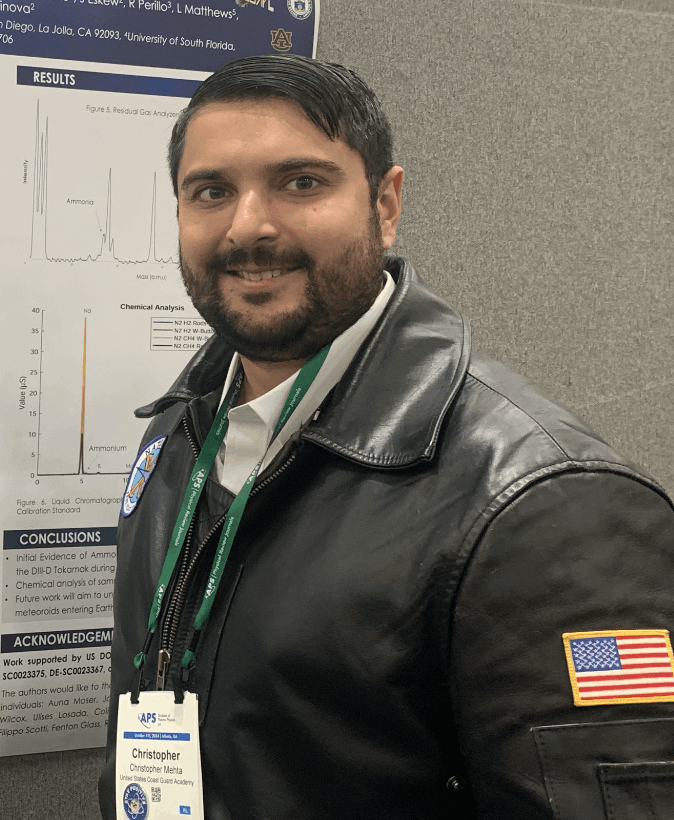
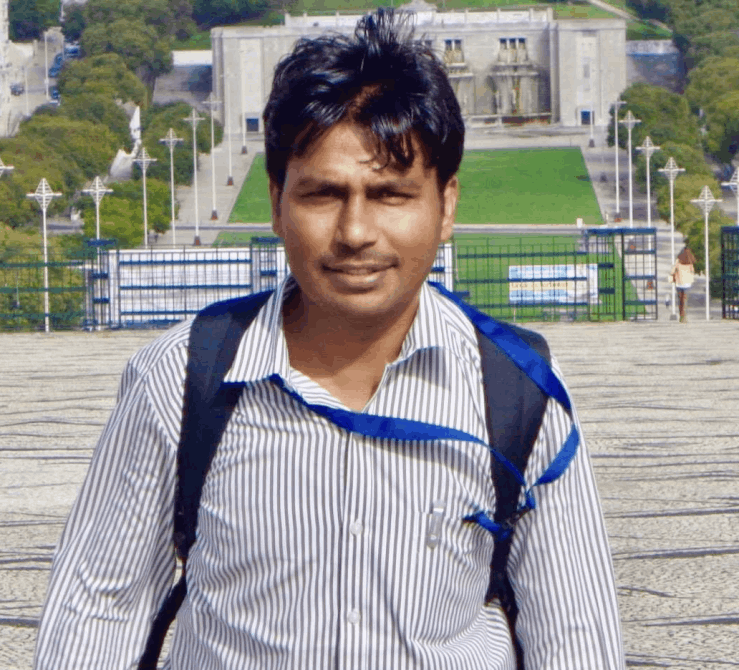
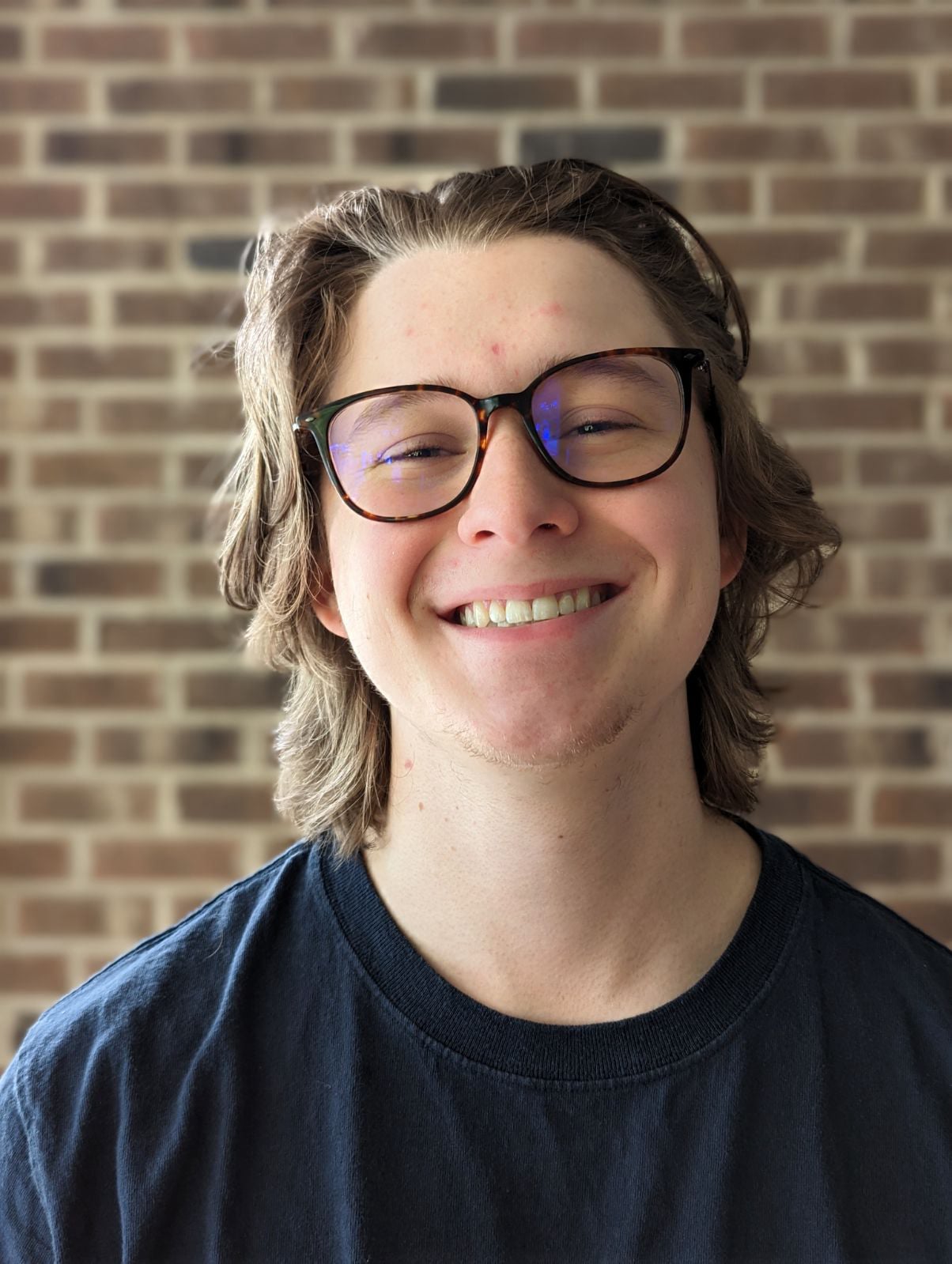
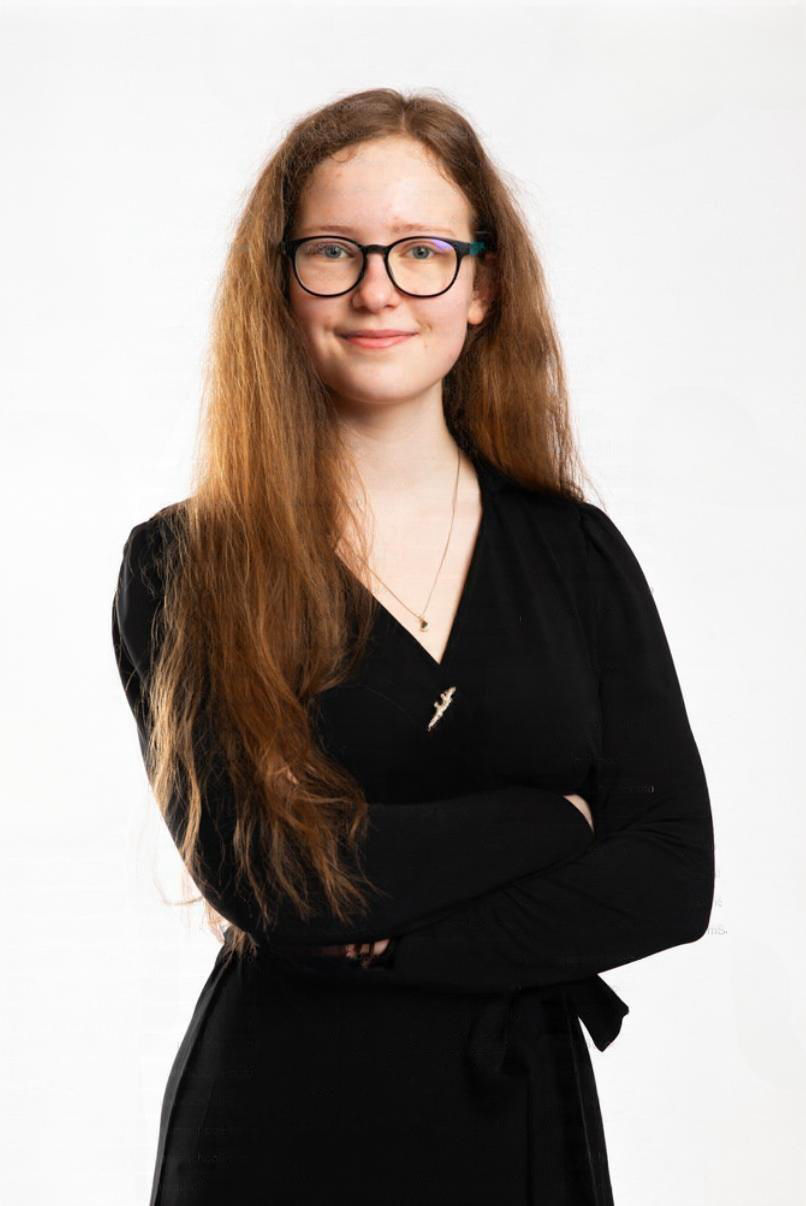
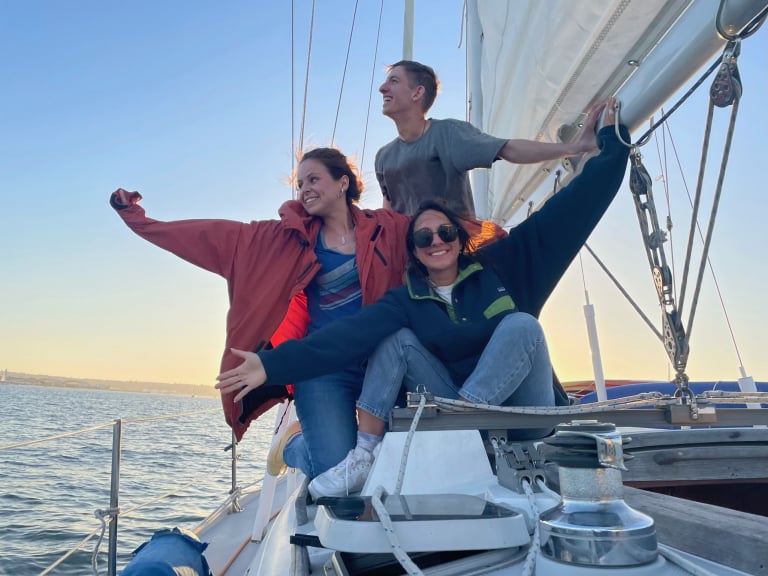
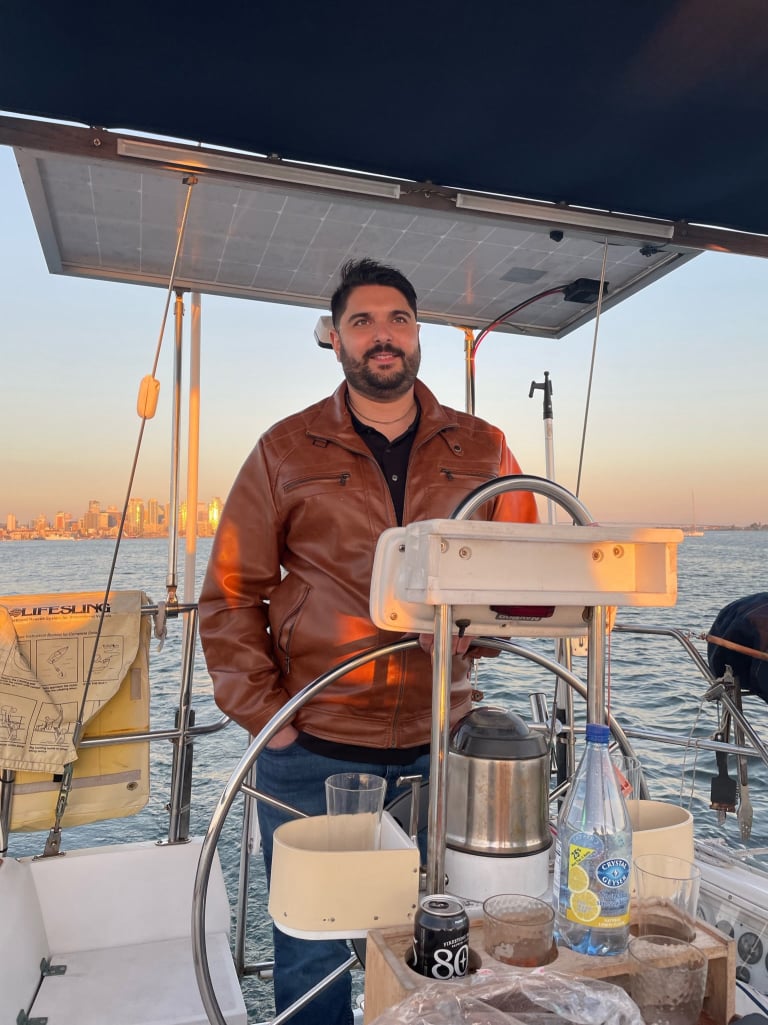
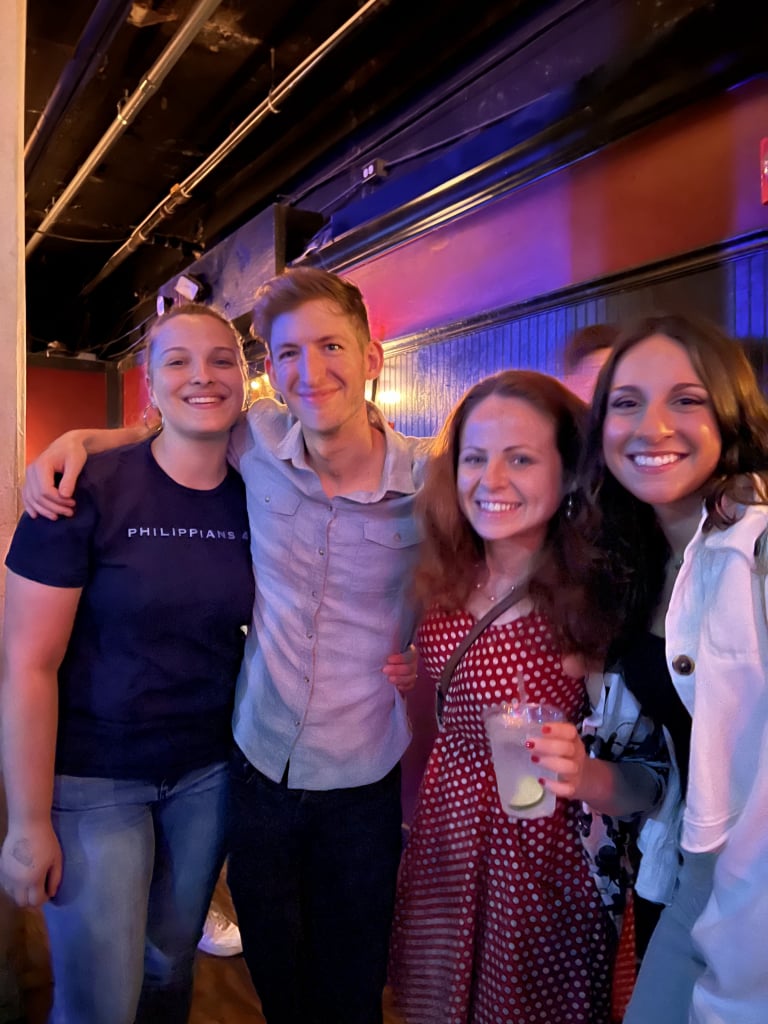
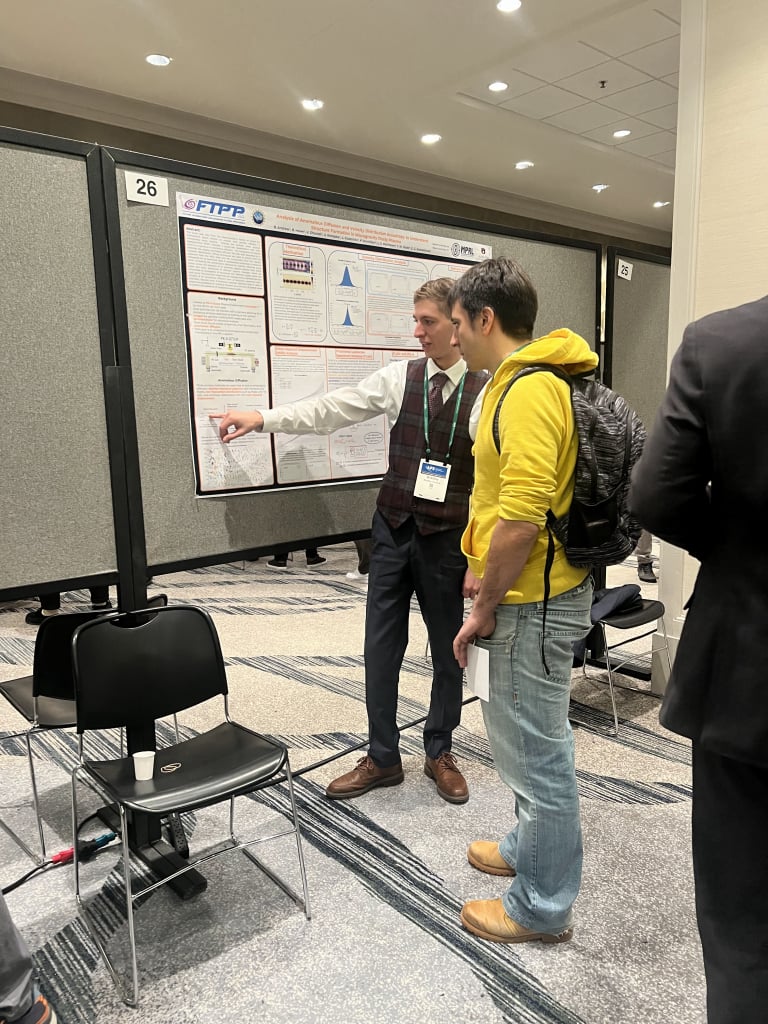
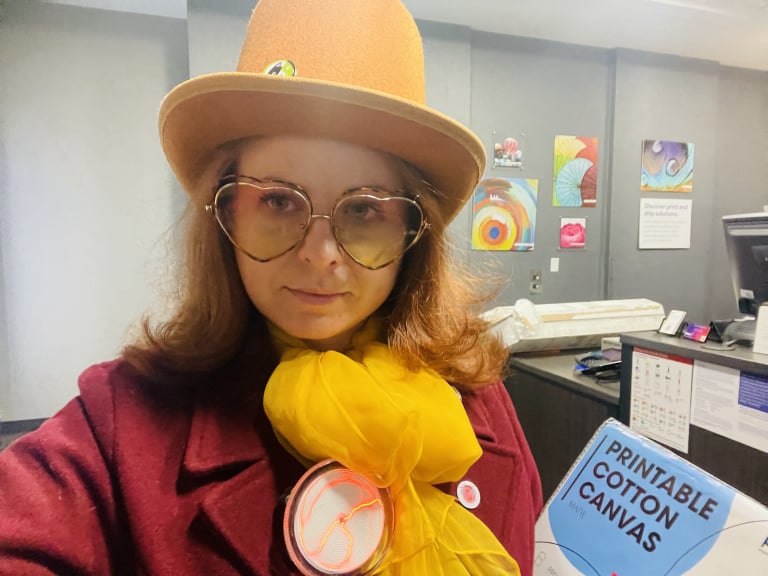
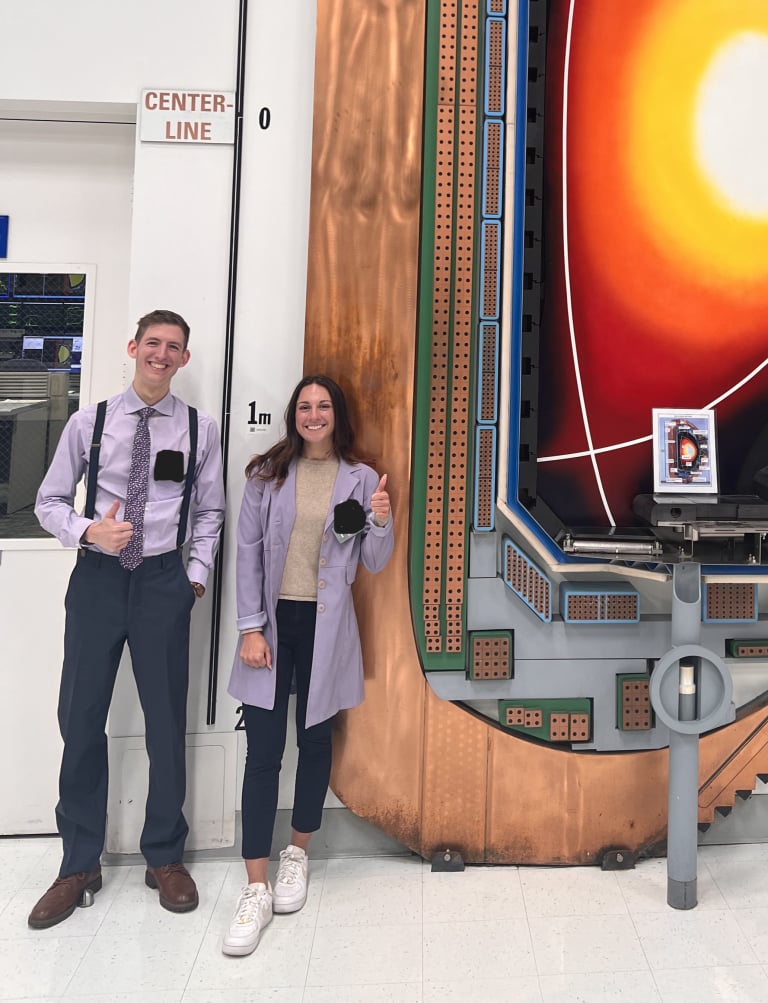
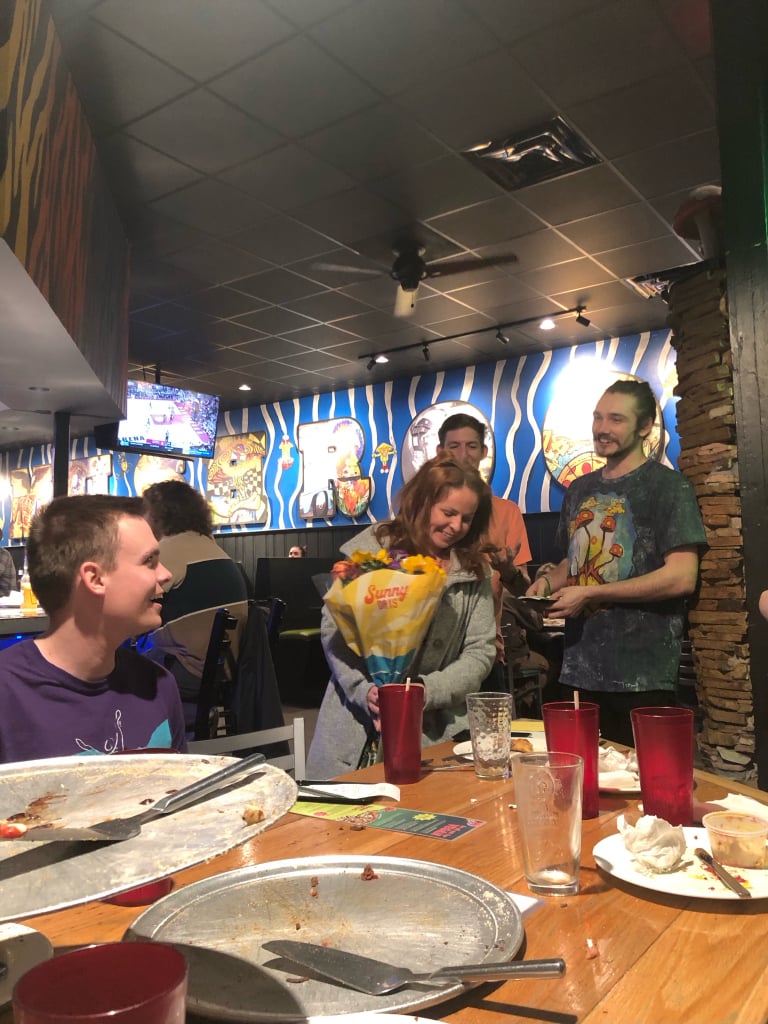
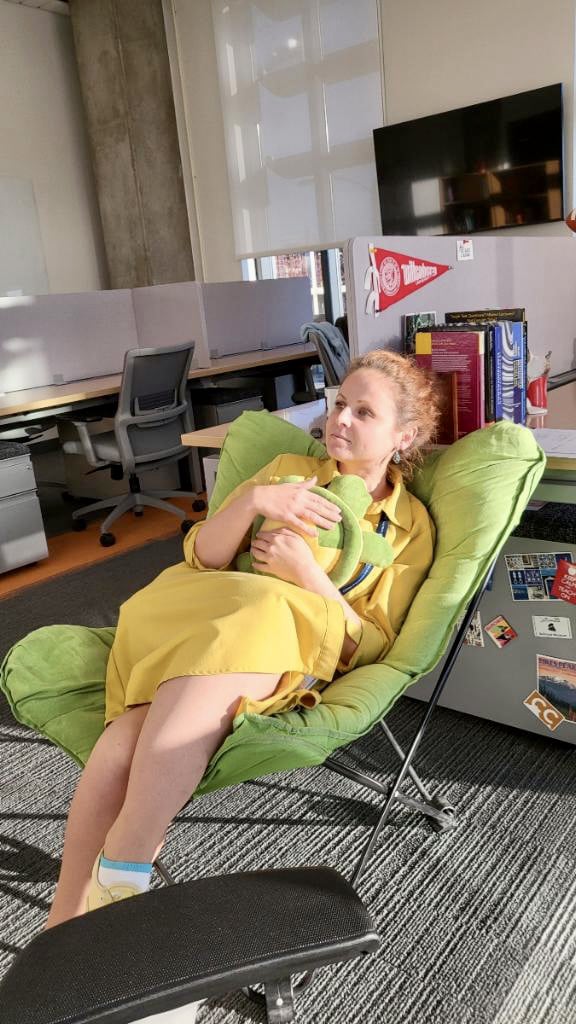
Website Building Software